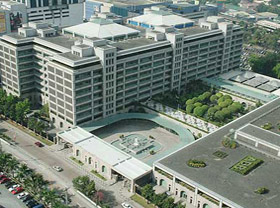
The survey - conducted with 900 stakeholders in 31 member countries late last year - shows that the overwhelming majority of respondents thinks ADB is helping its member countries meet their development goals and objectives. Many of those interviewed described ADB as a trusted, reliable, and competent organization with excellent knowledge of the region.
On its core mission of reducing poverty, a majority of stakeholders rated ADB’s performance as either good or excellent. It also received high marks for improving infrastructure and supporting regional economic cooperation and integration. Positive feedback was given on the technical skills of ADB staff and their understanding of the countries in which they work.
Respondents also cited some weaknesses which ADB will need to improve on, including perceptions that it is bureaucratic and lacks speed in decision making, and project execution and monitoring. Promotion of gender equality and governance were also identified as areas where ADB will have to do more work.
"The survey findings provide us with invaluable insights into how we can better serve our clients and achieve the development goals of our long-term strategic framework, Strategy 2020," said ADB President Haruhiko Kuroda.
ADB commissioned a professional polling firm to seek feedback from partners and opinion leaders about key development issues in Asia and ADB’s role in fighting poverty. The latest poll, which follows a baseline survey conducted in 2006, included randomly selected stakeholders in government, development partners, the private sector, civil society, media, and academia. Respondents were required to have a basic knowledge of ADB to take part.